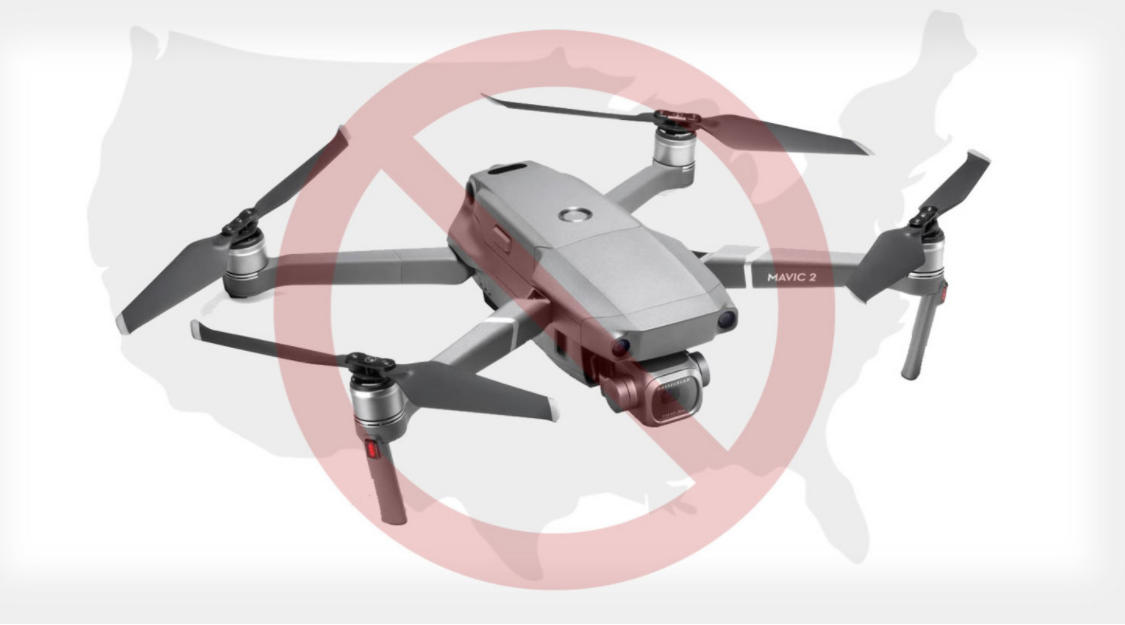Tomorrow, May 12, 2021, the U.S. Congress meets to discuss the American Security Drone Act. (See text of the bill at the link.) The American Security Drone Act is a “Bill To ban the Federal procurement of certain drones and other unmanned aircraft systems, and for other purposes,” – specifically, to ban federal procurement (with some exceptions) of drones manufactured by “a covered foreign entity,” including the People’s Republic of China. The Bill formalizes the ongoing discussion in the U.S. government over a ban on Chinese-manufactured technology.
Regardless of your political views and the U.S. – China trade war, the Drone Service Providers Alliance (DSPA), a member-based association that advocates for reasonable FAA regulations in the Unmanned Aircraft (sUAS) industry, has issued a statement listing five reasons why a country of origin ban is not the best way of supporting domestic manufacturing of drones in the U.S. and developing strong cybersecurity protections.
Not the Best Solution for Drone Operators or Manufacturers
A total ban based solely on country of origin rather than on specific standards makes it difficult for public safety agencies or others that might utilize federal funds to find affordable aircraft that meet their needs, the DSPA explains – and it makes it very difficult for smaller domestic manufacturers to survive. This limits rather than encourages more U.S. manufacturing.
“First, the country origin ban is a poor use of taxpayer resources,” says the DSPA statement. “It makes agencies and contractors pay more for less capable drones. We should encourage innovation by incentivizing domestic production, not banning procurement or contracting based upon country of manufacture.”
“Second, just about every single drone manufactured domestically has components manufactured in China. Everything from batteries to PCB boards, electronic speed controllers, motors, and wiring are manufactured overseas,” the statement points out. “It’s just about impossible to find non-Chinese-made components in this sector. Working with a small manufacturer, we had to have discussions about whether it would be ok to have batteries manufactured in China for their drones. We had to talk about whether it would be ok for them to ship printed circuit boards to China and have them assembled with lithium polymer cells that are made in that country. While the policy seems simple, its implementation will be a nightmare for manufacturers.”
RELATED: Meet Draganfly (DFLYF) the Tesla of Drones.
Cybersecurity
Cybersecurity is important for many drone applications – commercial as well as governmental. However, if cybersecurity is the concern, there are better ways to achieve security in the industry. DSPA points out that cybersecurity should be the job of technology experts, not of politicians.
“Third, cybersecurity can be managed through standards bodies and robust testing. US companies and standards bodies understand tech far better than the United States Government. The Aerospace Industries Association as well as the Consumer Technology Association are already working on security standards. Relevant NIST standards may already be applicable.”
RELATED: A Bill with Unintended Consequences (DSPA).
The Effect on Drone Businesses
Drone businesses need to be able to use the best and least expensive tool for the job in order to remain competitive. “… drone businesses will be impacted. For example, if the United States Forest Service or National Parks wanted to contract with a service provider to create a promotional video they couldn’t use any DJI drones,” say the DSPA statement. “They’d have to purchase Blue sUAS drones that still have Chinese-made components but have inferior cameras that can’t compete with a system like the DJI Inspire 2 with X7. It is hard to understand how taking beauty shots of our amazing countryside impacts national security. To us, we believe in using the best tool for a job.”












